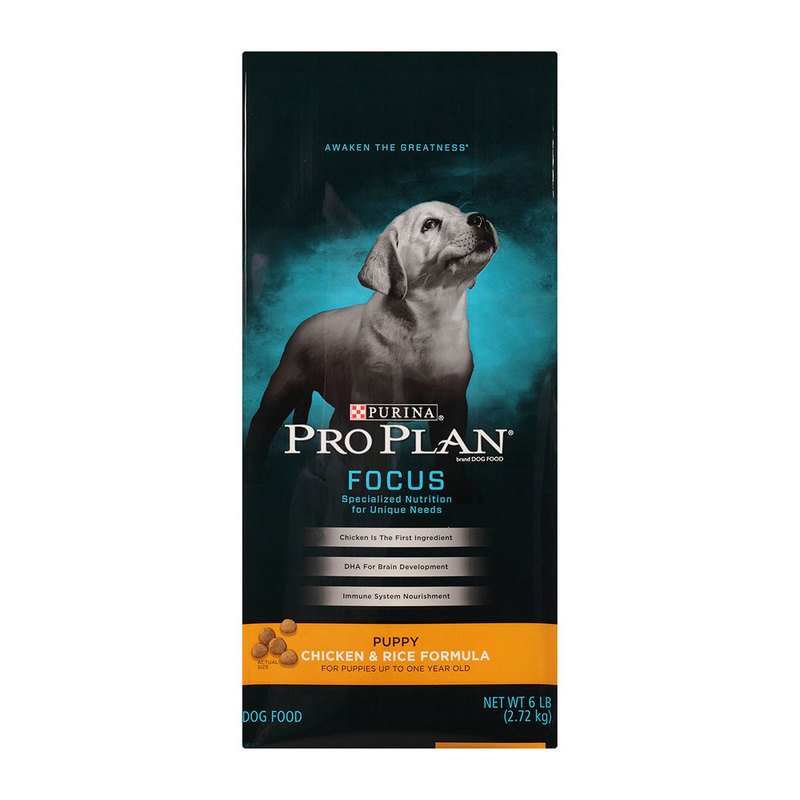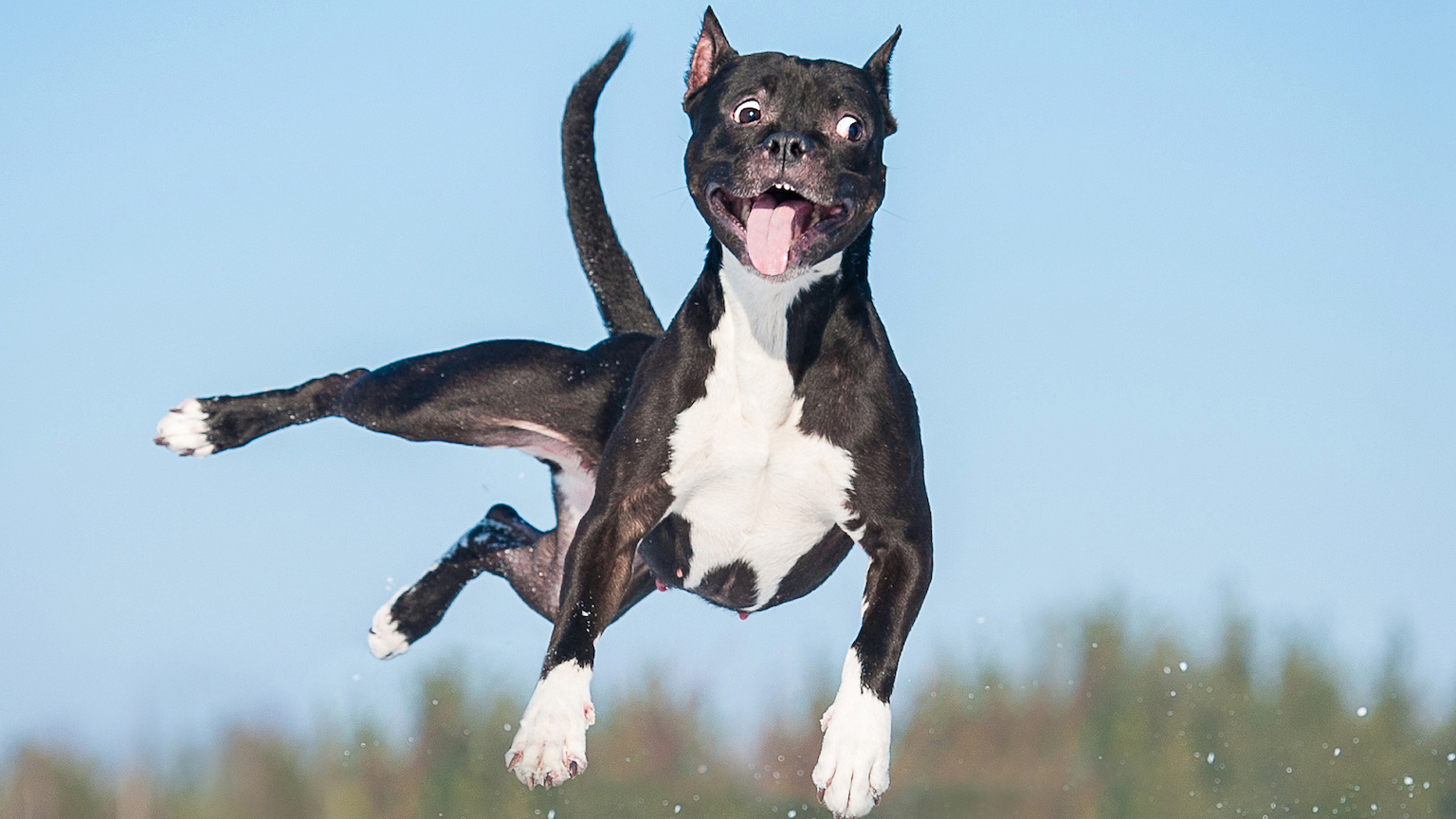
A Newfie (large working dog) can come in a variety colors, including black, grey, and white. The Dominion of Newfoundland formed part of the confederation of Canada. This is how the history of the Newfoundland began. Prior to the confederation, black Newfoundlands were considered a part of the breed.
Life span
The Newfoundland dog can be a very large and active dog. They come in white, black and grey. Black Newfoundlands were recognized as proper members of the breed in the Dominion of Newfoundland. This was before confederation. Today, however majority of Newfies is white.
Newfies are susceptible to many health problems. One of the most common problems is luxating knee patella. This condition is called degenerative myelopathy. Slippery disk, which can also affect the spine, is another common condition. This condition may cause loss of joint coordination, paralysis, or even complete paralysis.
As a large dog, the Newfie can easily become overweight. Regular exercise is necessary to keep the Newfie's body mass at a healthy level. Newfies can become obese which reduces their lifespan and puts stress on their internal organs.
Characteristics

Newfoundlands, large dogs with distinctive physical characteristics, are large. They make a wonderful family dog and are an excellent companion for children. They are also very good at detecting water. They were once used to rescue and serve on fishing boats. They are excellent swimmers because of their partially webbed feet.
Newfoundlands are small but have a laid-back personality. They get along well with other animals and children. They are very affectionate and loyal, despite their tendency to be quiet. They are good companions for children, families, and friends because of their calm temperament and ability to tolerate affection.
The Newfoundland is a breed that loves human contact. They can be quite quiet indoors and are very lazy outdoors. Their need for exercise is greater than that of other breeds. Ideally, Newfies will have a yard to play in.
Health conditions
Newfies are susceptible to various health problems. These problems can include heart disease, digestive problems, allergies, heart disease and cancer. These issues often require medical treatment. A Newfie's life expectancy can be shortened by a few years, so early detection is key.
CVI is a common problem in this breed. This condition occurs when the vertebrae in the neck are malformed and put pressure on the spinal cord. It can result in weakness and lack of coordination in the hindquarters. Sometimes, complete paralysis can occur. CVI can often be treated with medications or surgery if it is caught early enough.

As a large breed, Newfoundlands are prone to various health problems. While many of these issues are inherited, others are caused by environmental factors. Bloat in Newfoundlands is a serious condition that can lead to death. There are also possible eyelid abnormalities, Cushing's Disease, cataracts and eyelid problems. They may also be vulnerable to different allergies. Some allergies can cause bacterial infections while others can cause painful skin conditions. Newfies might also experience epilepsy.
Grooming
Grooming your Newfie is a big part of maintaining your dog's appearance. With their thick undercoat, Newfies need regular grooming to prevent matted fur. Puppy's need to be groomed regularly as their fur can easily become matted under their chins and behind their ears.
You will need tools to groom your Newfie. You can spend as little as one professional grooming visit on a set of good tools. You should first give your dog and bathe it. To remove any dead hair, you should comb your dog's fur. Avoid rubbing too much fur dry. Instead, use towels or a non-heated blow dryer. Place your dog on a grooming table once the coat has dried.
If you've never groomed a Newfie before, here are some tips that will help you. Grooming your Newfie can be fun and rewarding. Your dog will have a healthy, smooth coat if you are consistent and gentle.
FAQ
Are there three things you need to keep in mind before you buy a cat?
These are some questions you should ask yourself before buying a cat.
-
Are there any health issues in the cat?
-
Can the cat eat all of my food?
-
Do I want a cat to love cats or just a pet?
How long should a dog stay indoors?
Dogs are naturally curious creatures. They need to have an outlet for this curiosity. If they don't have any outlets, they may become destructive. This can lead directly to destruction of property or injury to people.
When outside, dogs should be on a leash. The leash prevents them from running wild and allows them to safely explore their environment.
Your dog will be bored and restless if you keep him inside. He will start chewing furniture and other items. He could also develop health problems if his nails grow too long.
The best way to prevent these negative consequences is to let your dog run free at least once daily. Go for a stroll around the neighbourhood, take him on a car ride, or take him to the dog park.
This will make him feel more energetic and provide him with something to do.
What are the responsibilities for pet owners?
The pet owner should love his/her pet with all their heart. They must ensure that their pet has all the basic needs met, including shelter, water, and food.
They should also teach the pet how to behave. You should never neglect your pet.
He must also be responsible enough for it and clean it up.
What do I do if my dog bites another person?
First, make sure the animal isn't rabid if you are attacked. If this is not possible then you should call for assistance. You could be seriously hurt if you try to manage the situation yourself.
If the animal does bite but is not aggressive, you should take it to the veterinary clinic. Your vet will inspect the animal and recommend any further treatment.
In most cases, rabies shots are required. These shots should not be administered by you. Only qualified people should perform this task.
How To Make Your Pet Happy?
Pet owners often wonder how to make their pets happy. Pet owners often buy toys, treats, or clothes for their pets. It might not work as pets may not like certain things. For example, some dogs cannot stand to wear sweaters.
So, before buying something for your pet, try to figure out why he doesn't like it. You might find that your pet likes different types of food than you. Or maybe he hates wearing shoes.
Another tip is to play games with your pet. You can play with a ball, or a frisbee. Toss it around. You can also throw it into the air and let him chase it. This game will make you both laugh. It's relaxing and fun.
You can also give your pet a bath every other week. Bathing can help remove dead skin cells. And it keeps him smelling nice.
It's also important to keep your pet healthy. You should not let your pet eat junk food. Instead, feed him high-quality food. He should also get plenty of exercise. You can take him out for a stroll or play fetch.
Your pet will appreciate spending time with the owner. In fact, most pets prefer being with their owners rather than staying alone.
Remember to unconditionally love your pet. Never yell at, hit or scold your pet. Be patient and kind to him. Don't leave him unattended.
Statistics
- Here's a sobering reality: when you add up vaccinations, health exams, heartworm medications, litter, collars and leashes, food, and grooming, you can expect a bill of at least $1,000 a year, according to SSPCA. (bustle.com)
- A 5% affiliation discount may apply to individuals who belong to select military, law enforcement, and service animal training organizations that have a relationship with Nationwide. (usnews.com)
- Reimbursement rates vary by insurer, but common rates range from 60% to 100% of your veterinary bill. (usnews.com)
- In fact, according to ASPCA, first-year expenses can sum up to nearly $2,000. (petplay.com)
- Monthly costs are for a one-year-old female mixed-breed dog and an under one-year-old male domestic shorthair cat, respectively, in excellent health residing in Texas, with a $500 annual deductible, $5,000 annual benefit limit, and 90% reimbursement rate. (usnews.com)
External Links
How To
How to train your pet cat
To properly train your cat, first you must understand his/her nature. Cats are intelligent and have complex brains. They are intelligent animals, and they are also highly emotional creatures. To ensure your cat behaves well, you need to consider his/her personality. It is important to know how to properly handle your cat.
It is important for cats to be independent. This means they don't like being told "no". You may be angry if they tell you "no". When your cat does something wrong, you shouldn't hit him/her. Your cat needs love and affection, but it does not mean you can treat him/her like a human being.
If you suspect that your cat may have some issues, then it is best to work together to fix them. Talk to your cat calmly. Do not yell at him/her. Do not make him/her feel bad by shouting. It is not possible to force your cat or dog to eat. Sometimes your cat may refuse to eat. You should offer treats to your child when this happens. But don't give too many treats because this could lead to overeating.
You should always keep your cat clean. Each day you should thoroughly clean your cat. Use a moist cloth to remove dirt and dust. Check to make sure your cat is free of fleas. Flea bites can cause irritation to the skin and allergies. Flea bites can lead to skin irritation and allergic reactions. You should treat them with a special shampoo.
Cats are social animals. They enjoy spending time with people. It is important that you spend quality time with your pet cat. Play with your cat, play with him/her and give him/her a bath. These activities will make you cat happy.
Training your cat should be done early. Your kitten should be trained by you as soon as he/she turns two weeks old. Three months is the best time to start training your cat. This is the best age to start training your cat.
When you show your cat tricks you must explain every step. To teach your cat how to sit down, first show the chair. Then, you should say "sit" and reward him/her with a treat. You can repeat these steps until the cat understands.
Remember that cats can be very intelligent. They can easily figure out how to perform tasks. They still need patience and persistence. You can't expect your cat or dog to be able instantly to master a task. Allow your cat to practice many times before giving up.
Remember that cats can be wild animals. They are naturally curious and playful. You should not let your cat run wild as he/she may accidentally knock over objects. To avoid accidents, you should place your cat in a safe area where he/she won't hurt himself/herself.